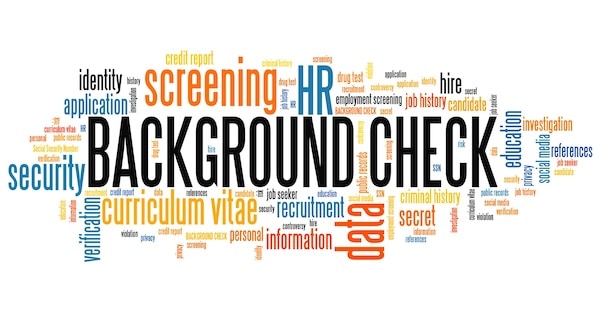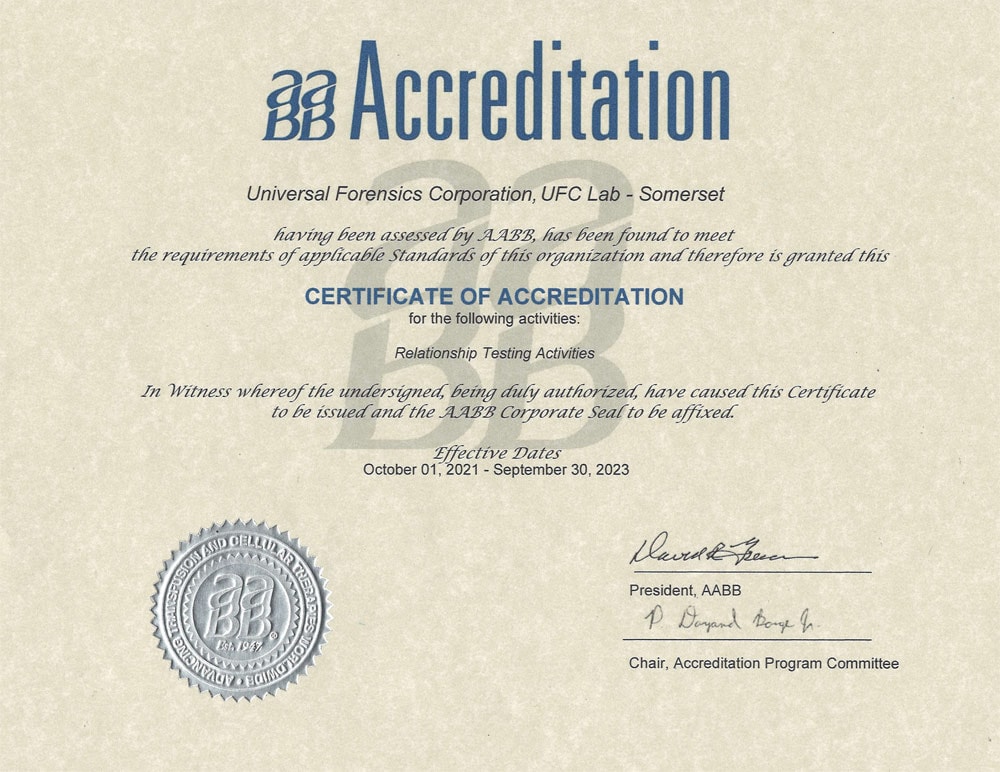How Do You Fail a Background Check?: 5 Common Reasons You Need to Know About

Do you manage a small business? If your answer is yes, then you understand the importance of hiring the best employees possible.
And yet it’s impossible to know every detail about potential job candidates based on resumes alone. You also need to know if they’re hiding something about their past that might make you think twice about hiring them.
This is what makes performing a background check so important. But you should also be aware of the ways to fail a background check. After all, there’s more than one way to disqualify a job candidate. Fortunately, you’ve come to the right place for help.
This article takes a look at common reasons for background check failure. Keep reading to get the inside scoop.
1. Drug or Alcohol Screening
Most employers in the modern world require potential employees to pass a drug screening. Thus any job offer is contingent on passing the screening prior to their first day of work.
Many employers also conduct random screenings of current employees in order to ensure a safe work environment. It’s important for potential employees to understand this policy so that they’re able to abstain from use prior to their interview.
2. Criminal Record
A criminal record is also something that can show up on an employee background check. After all, employees need to know that anyone employed at their company is trustworthy.
Obviously, most employees will take the nature of the crime into consideration. Thus a misdemeanor conviction for a minor offense will be weighted differently than a felony conviction.
An employee should also consider whether or not the nature of the crime will directly impact the potential employee’s job performance.
Most employees might not be open about any past criminal convictions, thus a criminal background check might be the only way to uncover this type of information.
3. Bad Credit History
Believe it or not, more and more employers also look at a job applicant’s credit history? For starters, a history of late payments, bankruptcies, and other types of financial problems would likely disqualify the applicant for a wide variety of positions where they would be responsible for dealing with cash or other assets.
4. Spotty Employment History
A spotty employment history is another major red flag. For example, if there is a lengthy gap between jobs, this might be something an employer would wish to know more about.
There are obviously exceptions, such as someone choosing to stay home and raise children for a number of years, or to recover from an illness. Or an applicant might have been self-employed for a period of time. But these types of details should be noted in the resume.
The key is to ask for clarity in order to eliminate any confusion or suspicion.
5. Driving Record
Some employers will also look at an applicant’s driving record. A long list of speeding tickets, DUI arrests, or other traffic violations should give an employer ample reason to be hesitant to make a job offer to the individual in question.
A Guide to the Most Common Ways to Fail a Background Check
Hiring good employees is the key to running a successful business. That’s why understanding the way to fail a background check is so important in finding the best job candidates.
Please contact us to learn more about our drug screening products.








